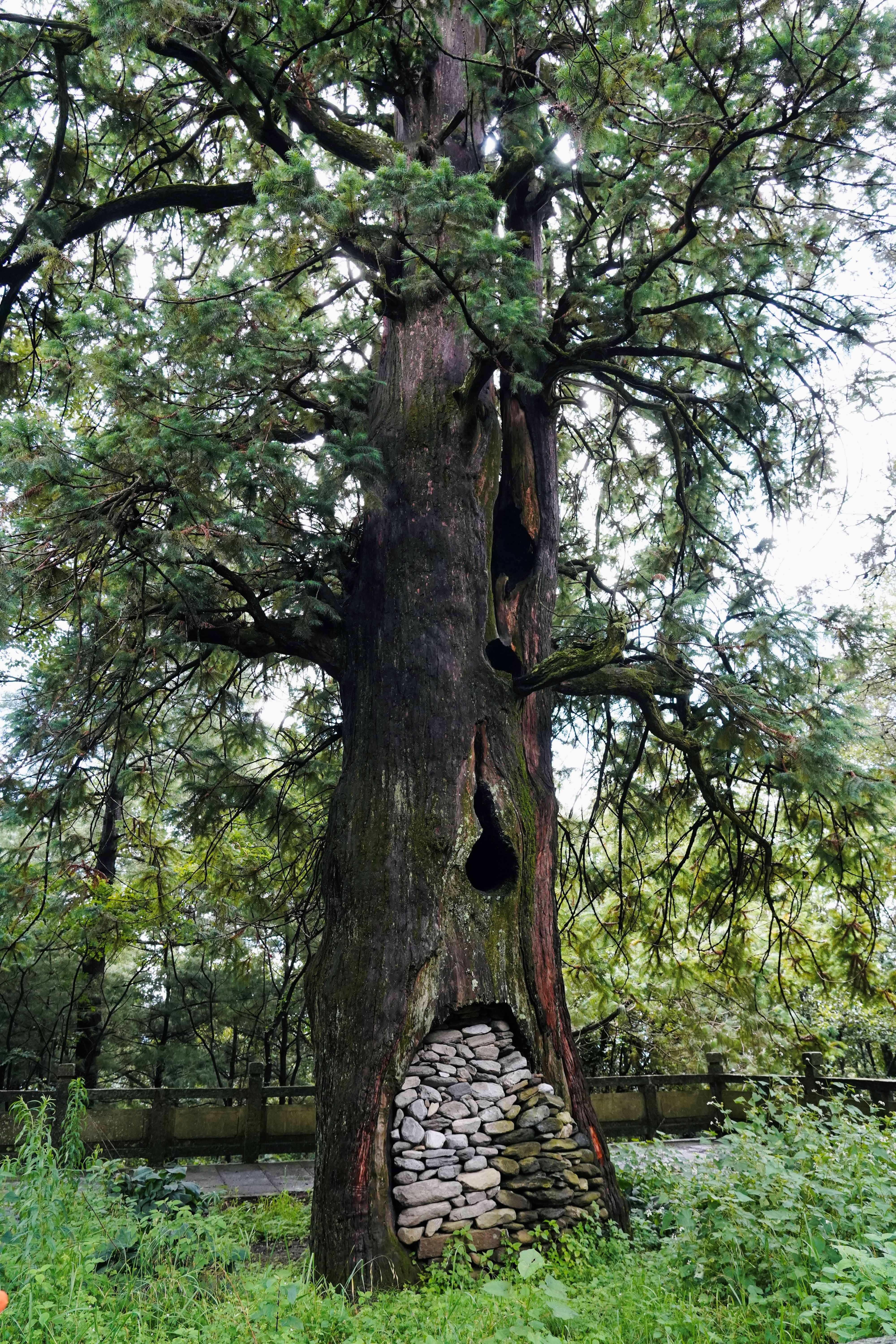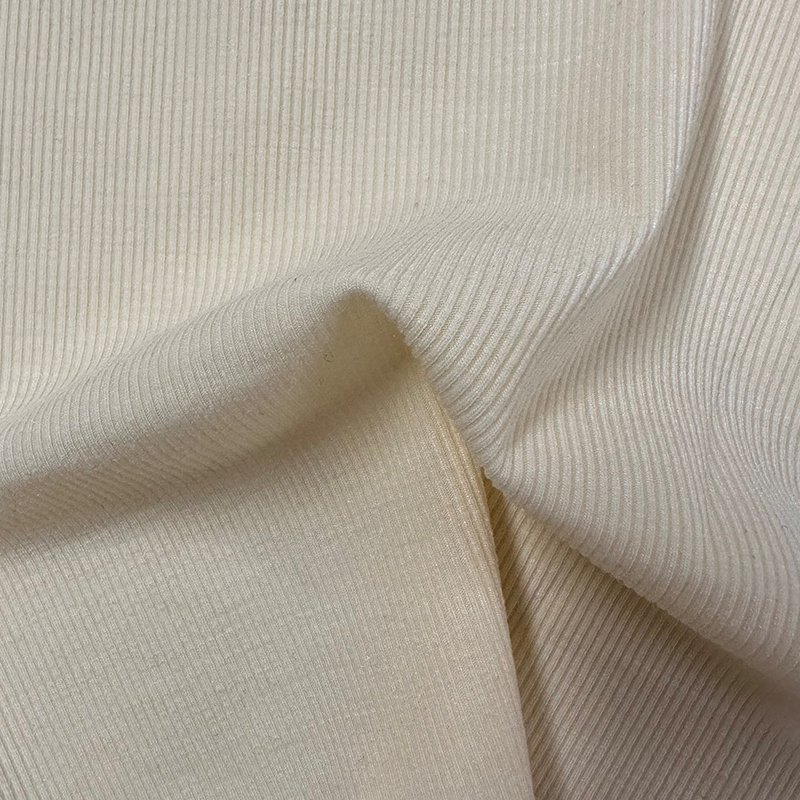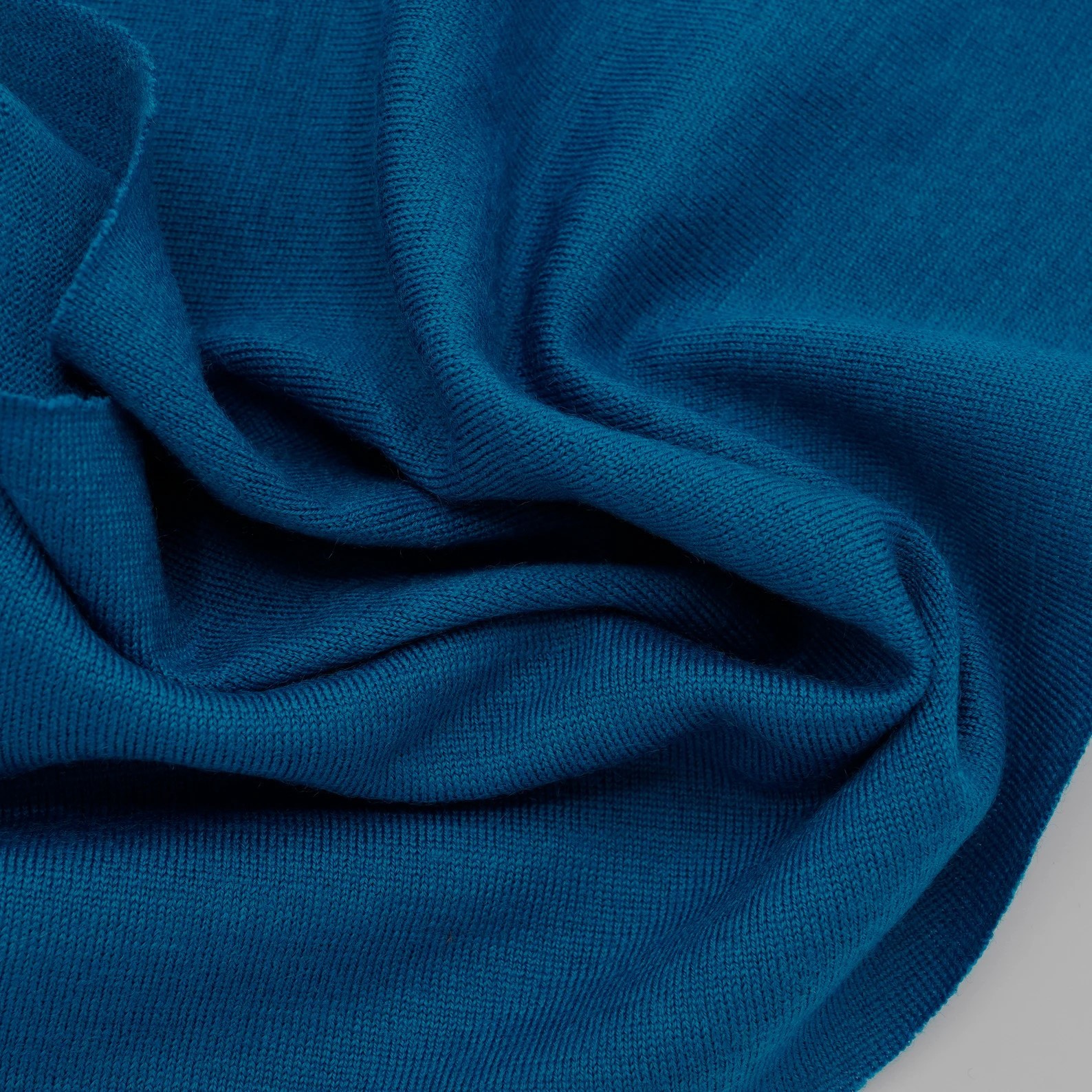 Esperanto
Esperanto
 Shqiptare
Shqiptare
 Euskara
Euskara
 Zulu
Zulu
 Latinus
Latinus
 Cymraeg
Cymraeg
 தமிழ்
தமிழ்
 Slovak
Slovak
 Slovak
Slovak
 Afrikaans
Afrikaans
Materials for environmentally friendly fabrics
Release time:
2024-03-28
Source:
Environmentally friendly fabrics include Organic cotton, colored cotton, Bamboo textile, polyester, linen, silk, lycra, soybean protein fiber, hemp fiber, Modal, organic wool, log Tencel and other fabrics and materials.
1. Organic cotton Organic cotton is a kind of cotton produced naturally and pollution-free from seeds to agricultural products in agricultural production, which mainly focuses on Manure, Biological pest control of pests and diseases, and natural farming management. According to the "Safety and Quality Standards for Agricultural Products" issued by various countries or WTO/FAO, the content of toxic and harmful substances such as pesticides, heavy metals, nitrates, and harmful organisms (including microorganisms, parasitic eggs, etc.) in cotton is controlled within the limit specified in the standards and has been recognized as a commodity cotton. At present, Organic cotton mainly needs to pass the certification of several major international institutions. The market is in chaos and there are many adulterers.
2. Colored cotton is a new type of cotton with natural colors in its fibers. Natural colored cotton is a new type of textile material developed using modern bioengineering technology, which has a natural color in the fibers when cotton is opened. Compared with ordinary cotton, it has the characteristics of soft, breathable, elastic, and comfortable to wear. Therefore, it is also known as a higher-level biological cotton. Internationally known as zero pollution.
3. Bamboo textile Bamboo textile takes bamboo as raw material, and obtains regenerated cellulose fiber through special high-tech process. Since there is no pollution source during the growth of bamboo, it comes from nature completely, and Bamboo textile can be degraded. After degradation, it does not pollute the environment and can return to nature completely, so this fiber is called environmental fiber.
4. Polyester polyester fabric is essentially acrylic fiber, characterized by good antibacterial properties, strong wear resistance, and strong washability. At the same time, polyester fabric also has the characteristics of light weight and strong water repellency, which can make the fabric more soft and moist, suitable for summer clothing production. The cleared fabric is more gentle and pleasant, and the comfort is greatly improved.
5. In terms of raw materials, flax belongs to plant hemp, which is a pure natural renewable material with moisture absorption and breathability, and can be completely decomposed, without causing environmental pollution, giving people a fresh and comfortable experience.
6. Silk is a fabric made by changing a fiber structure and using techniques such as twisting to melt fibers into a filamentous shape. It has the advantages of softness, delicacy, good texture, and creating a dignified temperament. Therefore, it is widely used in various fields such as fashion and home furnishings.
7. Lycra Lycra is a nylon fiber made from a mixture of styrene and vinyl chloride. It has stronger flame retardancy, heat resistance, corrosion resistance, and waterproofing than ordinary nylon fibers. At the same time, it also has characteristics such as UV resistance, non fading, and complete decomposition of the environment. Therefore, it is used in clothing design for different categories such as dresses and skirts.
Related News
2025-08-21 19:00
Why Nylon Wool Fabric is the Future of Sustainable Apparel
Why Nylon Wool Fabric is the Future of Sustainable Apparel Table of Contents 1. Introduction to Sustainable Apparel and Its Importance 2. Understanding Nylon Wool Fabric: A Comprehensive Overview 3. Environmental Benefits of Nylon Wool Fabric 3.1 Reduced Resource Consumption 3.2 Lower Carbon Footprint 4. Durability and Longevity: A Wise Investment 5. Versatility in Fashion Design 6. The Growing Po
2025-08-11 18:40
The Versatility and Benefits of Wool Fabric in Textile Industry
Wool fabric, derived from the fleece of sheep, is renowned for its unique properties that make it a highly sought-after material in the textile industry. Unlike synthetic fibers, wool is a natural fiber that possesses a range of advantages, contributing to its enduring popularity among designers and manufacturers. One of the most significant attributes of wool fabric is its excellent thermal regul





